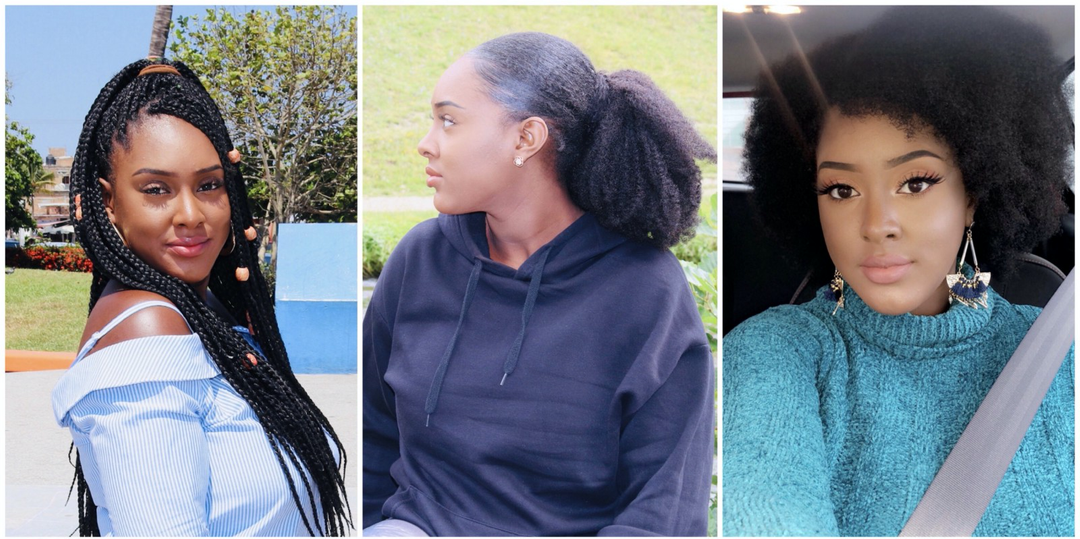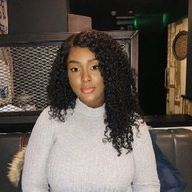This is something that I would usually talk about after a long day of annoyance. Racial bias and the attitude towards Black people can come in many forms. I wish more people would realise that it does not always take name-calling and physical violence for something to be labelled as racist.
There are many elements in my day-to-day life where my race is looked at with disdain. For the sake of discussion, I will focus on one that I experience far too often, this is the attitude towards a Black woman’s hair.
I want to make clear that this is specifically about type 4 hair because this is my experience. If you are unsure of what this is, please utilise google by searching this hair category. More often than not, the acceptability of a Black person’s hair stops at type 3b (looser curls and ringlets), anything past that point is seen as ‘too Black’ and loses its appeal to many people. This is where we start to see more derogatory language used.
Eurocentric beauty standards are in constant effect. Of course, this is based on centuries of oppression, the demonisation of our features, and white-washing.
It will never sit right with me that my hair, something that naturally grows out of my head, is constantly up for debate amongst people that:
- do not have, maintain or grow type 4 hair;
- do not truly care about Black women;
- can’t seem to mind their own business.

Whether it’s an afro, braids, extensions, dreadlocks, cornrows or others, there is always a discussion around our hair. Every single style, every single time. However we choose to wear our hair, it’s still not seen as good enough by many different categories of people.
It’s not that people don’t understand that it’s not their hair and therefore none of their concern, it’s simply showing contempt towards Black features as a way to be pretentious and assert their dominance.

Social Negativity
Negative comments about a Black woman’s hair is drenched in racism, and you cannot put it any other way. If a white person and I were to put our hair into a quick bun or just have our hair out, there would be distinct differences in the attitude towards it.
Only one would be labelled wrongly as unkempt, unprofessional and lazy. Interestingly the washing, detangling and styling process involved in the upkeep of type 4 hair takes significantly longer than any other hair type, so the use of ‘lazy’ is particularly harmful and untrue.
The use of ‘unprofessional’ when describing a Black woman’s hair, is racism 101. When people describe professional hair, it’s often a white person or someone with straight or loosely curled hair. Whilst a Black woman’s hair is seen as unprofessional from the get-go. It is no surprise that many Black women choose not to wear their afro when attending an interview, or other official settings to minimise the discrimination.
We know when the audience will not be accepting of our hair, and many will choose not to showcase their afro based on this. Unsurprisingly, this anti-Black attitude is in the majority of spaces, so the natural haired women have to bite the bullet and do as we please with their hair whilst still being criticised. After all, Black people only make up 3% of the U.K. population. This percentage drastically decreases as not all Black people grow out, or wear their natural hair (which is of course within their right to do so).
If you take the time to Google search “professional hairstyles” and then “unprofessional hairstyles”, even the algorithms are against us. Many articles, including this one from The Guardian, show a snapshot of how society perceives a Black woman’s hair as inherently problematic.
Racism is deep-rooted, from work and the supposed unprofessionalism to young children in school. The discrimination of our hair is something that starts from a young age and always follows us around.
One example out of many, are the numerous schools with racist policies towards a Black person’s hair. Black students are currently being excluded, sent home and punished for the hair that grows from their scalp. This is a systemic problem.
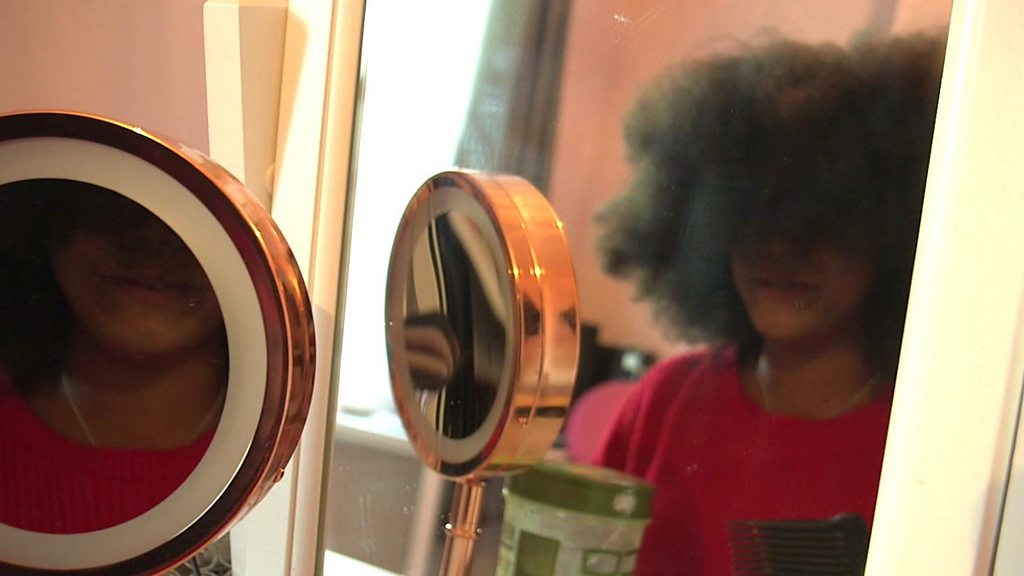

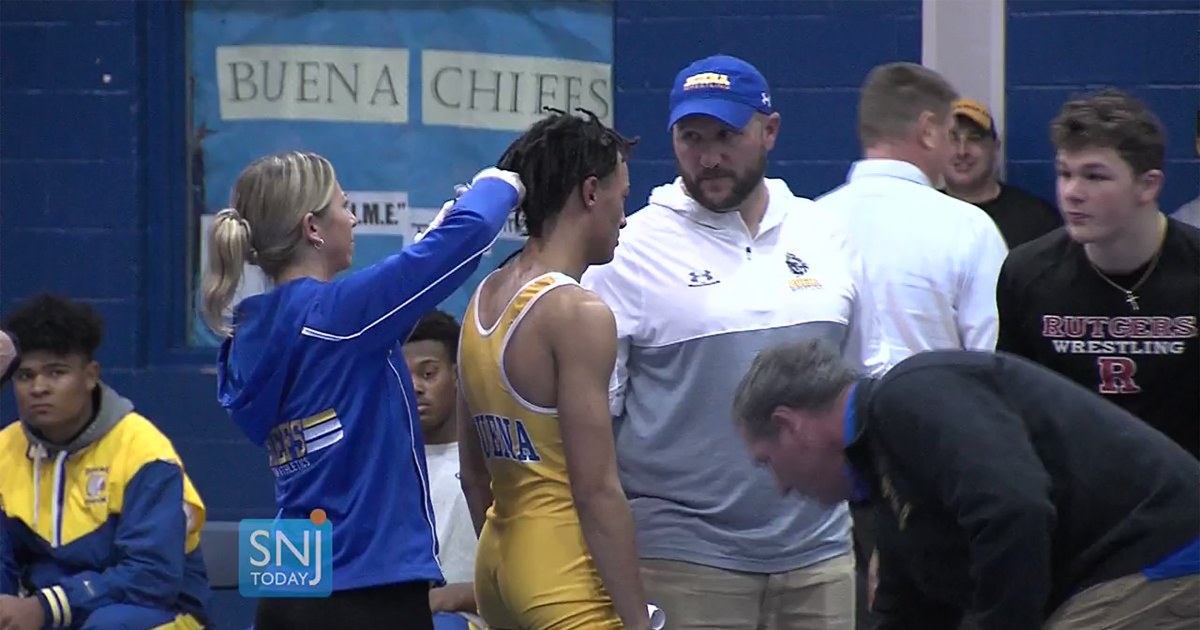
“Can I touch your hair? Is it real?”
More often than not, this question comes from one race. I have had personal experiences where people haven’t even asked before they proceed to touch my hair. With or without permission, this is rude, arrogant and a violation of one’s personal space. Frankly, you are stroking someone’s hair as if you’re at a petting zoo.
This happens FAR too often, I don’t know a single Black person that has not experienced this. What’s astonishing is that after years of saying this, it’s still not understood, because these hair touchers want to continue in their entitlement. Madness (and racism) truly knows no bounds.
The same people that feel compelled to touch our hair would never imagine doing it to someone of their own ethnicity, so why us? Imagine going up to someone, picking up their hair in between your fingers, stroking it, and then having a puzzled look on your face as if this is an odd new thing. Sounds absolutely ridiculous and offensive, right?
You have to consider, we’re in the 21st century and our hair is being treated like this. If you’ve read up to this point, and you’re still wondering why hair touching is offensive, then this must be down to racial bias. To add more context, 60 years ago there were Black people in human zoos for this purpose. So the unwarranted touching as if our features are a spectacle is an old racist practice that needs to stop:
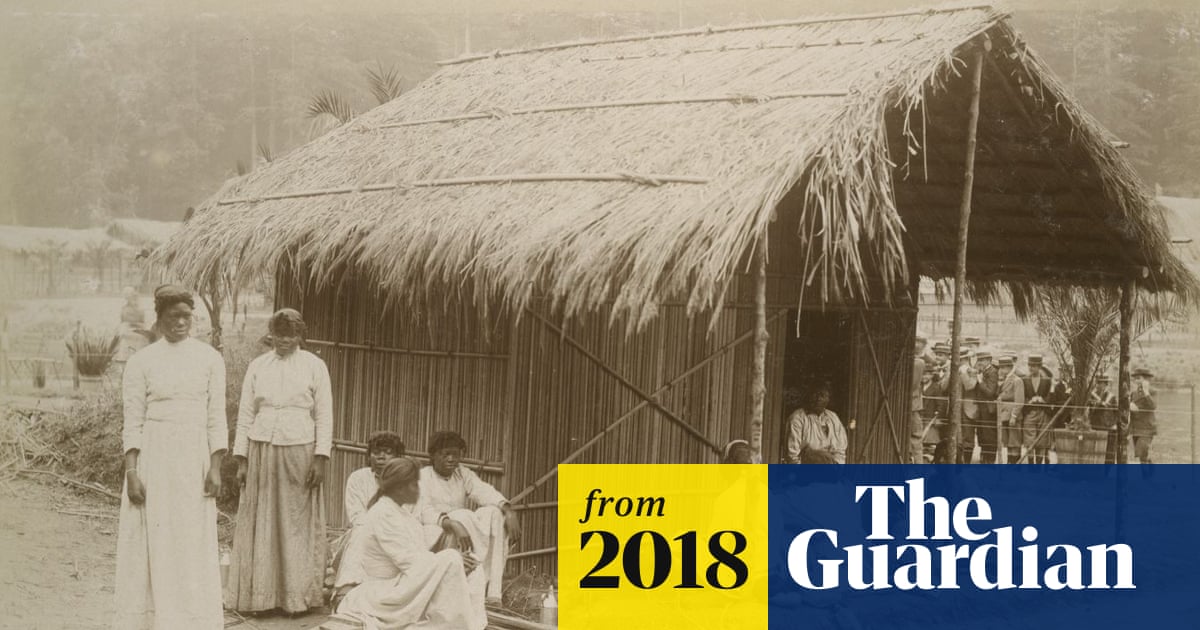
To conclude, when you feel the need to critique or touch a Black person’s hair, please don’t. Black people, and Black women especially, are exhausted. We are vilified for our genetic make-up and cultural identity. We have racism and sexism constantly at play. So, if you are truly someone who understands the racism behind this and would never dream of participating in such discrimination, then you must call this racism out every single time, or you are actively helping to prop up this anti-Black system.













